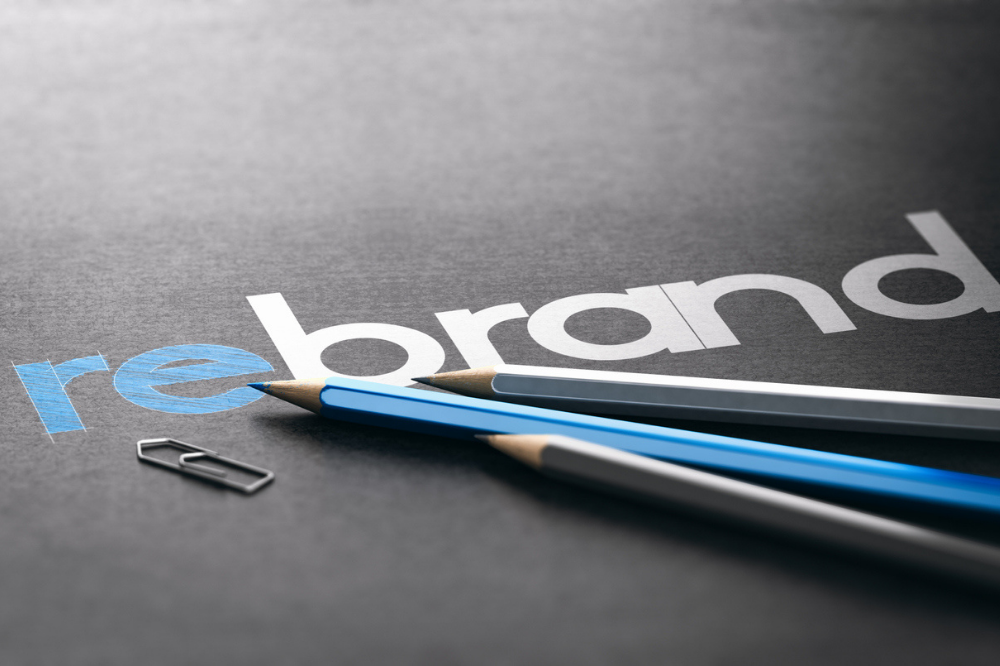Unsecured loans are those that you are not required by the lender to provide any security for. A lot of people are in need of a loan, but find it difficult to choose secured vs unsecured loans. Secured loans are backed by collateral, while unsecured loans have no collateral and rely on your credit score.
In developing economies, many people don’t have security in the bank, making unsecured personal loans for fair credit. They play a critical role in stimulating the economies and lifting people from poverty. Unsecured personal loans for bad credit is an argument that keeps coming up. The best unsecured personal loans are those that are well appraised and designed to meet productivity objectives.
Here’s what you should know about both types before making a decision!
Unsecured Loans:
These loans don’t require any collateral and are based solely on your credit score. They can be personal loans or business loans. They tend to have higher interest rates than secured loans because there is more risk for the lender if you can’t make your payments.
They are usually a better choice if you need less money and have a higher credit score. Some banks will require you to take life insurance cover for the period of the loan. This adds to the cost and increases the chances of the bank offering that category of the loan.
They are short-term in nature, unlike secured loans that can support long-term loans. Examples of unsecured loans include loans such as personal loans issued by banks or those mobile loans that you borrow from fintech companies.

How does unsecured lending work?
The process of obtaining an unsecured loan is very similar to that of a secured loan. The lender will look at your credit score and other financial information to decide if you are eligible for the loan and how much money you can borrow.
Usually, lenders have set systems in place to support unsecured lending activities. These systems cover the whole loaning process. Your loan application will be appraised and scored using these systems. The lender will disburse the funds directly into your bank account if your application is successful. From there, it’s important to make regular payments on the loan according to schedule so that you can avoid penalties and maintain a good credit rating.
Types of unsecured loans
These loans can be either personal loans or business loans. Personal loans may vary depending on how the money will be used. The money could be used to meet medical, education, buy furniture, and more. Business loans would mainly be SME loans or MSME loans, mainly provided by institutions that have impact objectives. An example is those offered by the governments.
Secured Loans
A secured loan is backed by collateral. This could be anything of value you own such as a car, home, or jewelry. If you can’t make your payments, the lender has the right to take back the collateral.
Secured loans are the best choice for businesses. They have a high degree of flexibility to cater to different requirements within the business. They take longer to be disbursed because securities will need to charge.
How does secured lending work?
When you apply for a secured loan, the lending institution will look at your credit score and other financial information to decide if you are eligible for the loan and how much money you can borrow. The lender will then conduct an analysis of your company to determine the probability of default. If you pass the test, the lender will then present you with a letter of offer and agreement for the loan.
You will then be provided with a letter of offer that you must sign. Funds will be disbursed into your account once all the pre-conditions have been met. We have discussed the 5Cs of lending below.
What is Collateral in loans?
Lenders usually ask for some type of collateral to back up a secured loan. These can be tangible assets such as buildings and machinery. Alternatively, collateral can be intangible, such as receivables. Receivables come about when a company sells on credit. Credit sales are recognized in books of accounts as debts (receivables).
How can I increase my chances of getting a loan?
In order to increase your chances of getting a loan, you’ll need to understand the psychology of lending bankers. Banks credit has used the 5Cs to conduct credit analysis for ages. This analysis will help you choose secured vs unsecured loans. You should score well in the 5Cs that become barriers to borrowing from banks.
#1:Capacity
The capacity of borrowers is their ability to meet interest and repayment obligations. Lenders will look at cash flow statements and historically analyze profitability margins in order to determine how much capital can be lent without creating an undue hardship on borrowers.
#2. Character:
The character of a borrower is determined by their history of meeting financial obligations. A credit bureau compiles this information and shares it with banks, who then use it to develop an idea about how likely the borrower is to repay their loan. Your character is probably one of the most important considerations.
#3. Capital:
Capital is the third C of lending and refers to the financial resources available to a company. Bankers want to make sure you have skin in the game, so they look at things like owner’s equity. Lenders also look at the company’s assets to get a sense of it. For personal loans, the bank will want to see how much you are contributing. If you are taking a mortgage loan and ask for a 70% loan, you are likely to walk away with a loan.
#4. Conditions
Conditions are external factors that can affect a borrower’s ability to repay a loan, such as interest rates, inflation, and exchange rates. When lenders assess the risk of a potential borrower, they take these conditions into account. The borrower will need to show that these external conditions will not jeopardize their cashflows.
#5. Collateral
The fifth c is collateral. Collateral is something that a borrower offers to the lender in case they can’t repay the loan. By offering collateral, borrowers are able to get loans at lower interest rates because the lender has less risk. We have already discussed collateral.
You can increase your chances of getting a loan, by scoring high in all the 5Cs.
What to consider when choosing secured vs unsecured
When it comes to taking out a loan, there are a few things you need to consider. Do you want a secured or unsecured loan? What’s the interest rate? How long will you have to pay it back? These are all important questions that you need to answer before signing anything.
The first thing you need to decide is whether you want a secured or an unsecured loan. A secured loan is backed by collateral, such as your home or car. Do have any security to offer in the first place?
Applicable interest rates
The interest rate on a secured loan is usually lower than an unsecured loan because the lender is taking less risk. An unsecured loan typically has a higher interest rate because of the increased risk for the lender. You need to make sure your income will have the capacity to pay the principal and interest.
How Long Will You Have to Pay It Back?
Another thing to consider when taking out a loan is how long you will have to pay it back. The period of time required to repay a loan is determined by your cash flow generating capacity. Secured loans can be for a longer repayment.
Purpose of Loan
You also need to consider what you’ll be using the loan for. If you want to buy a property, a car, or start a business, you may need to take out a secured loan. If you’re just looking for some extra cash to cover a bill or purchase something small, an unsecured loan may be the better option.
Choose a right advisor
When it comes to taking out secured vs unsecured loans, you need to make sure you’re working with the right advisor. Someone who understands your unique financial situation and can help you find the best loan for your needs. Do some research online or ask friends and family for referrals. This will certainly help avoid personal loan mistakes.
Working with an advisor from a traditional bank may not be the best option for everyone. There are now many alternative lenders available, such as peer-to-peer lenders, venture capitalists, angel investors, and fintech. Each of these providers has its own way of approving loans and offering different products. So be sure to do your research before making any decisions.
“What should I do?”. If you’re having trouble deciding between secured and unsecured loans, it’s important to know the pros and cons of each type of loan before making any final decisions. Secured loans can be an attractive option if you have collateral that lenders may be able to claim as payment on default, but they come with higher interest rates than unsecured ones. Unsecured loans carry lower monthly payments, but there is no guarantee that this type of loan will get approved unless you’ve maintained good credit over time and done everything possible to improve your score since applying.
Thank you for reading this article. We are committed to offering quality education material. Please subscribe and share with friends.


